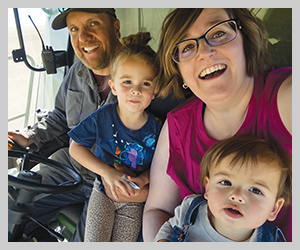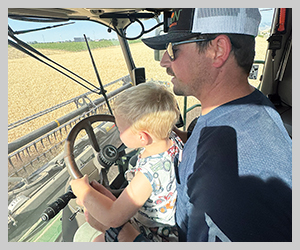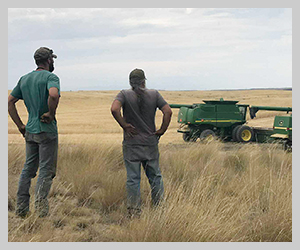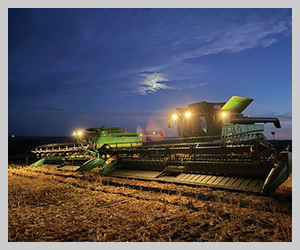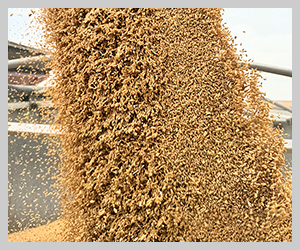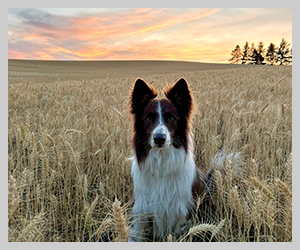Grower involvement matters
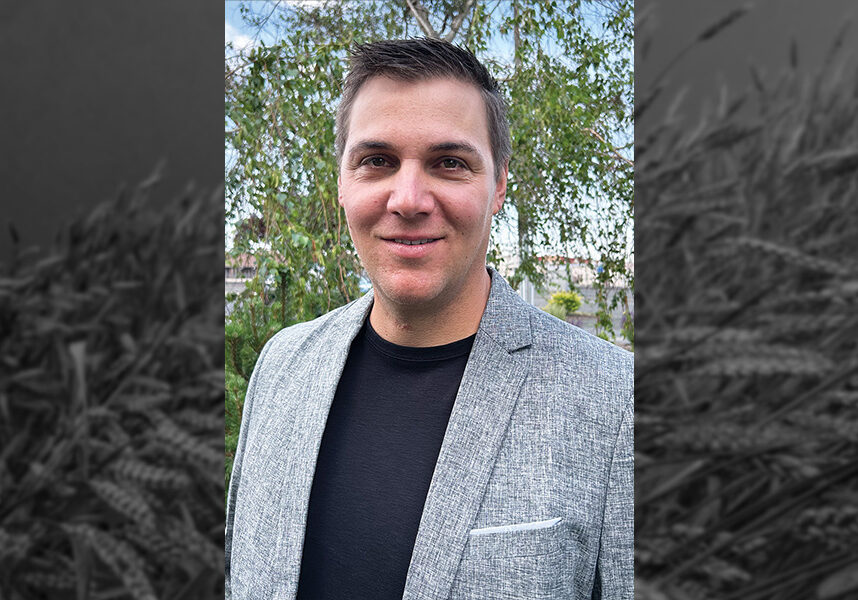
In the midst of global uncertainty, volatile markets, shifting regulations, and a growing disconnect between consumers and producers, there’s one thing I believe more than ever: grower involvement matters. It matters because our voices are needed now more than ever. Farming communities are shrinking. Many small and mid-sized operations have disappeared. Corporate ownership and large-scale land buys are changing the face of agriculture, and we’re losing not just acres but also the personal stories, values, and traditions that have long defined the American farmer. That’s exactly why we need to be out there showing up, speaking up, and making sure our side of the story is told, not by folks who haven’t lived this life, but by us, the people who are living it every day. When we don’t speak, others will speak for us, and more often than not, they get it wrong.
I’ve been asked on more than one occasion if I actually write these monthly articles or if someone else does it for me. I write every word, because I want readers to hear directly from a farmer — not from an editor, not from someone unfamiliar with the ag industry, but from someone who’s in the thick of it. Someone who’s poured blood, sweat, and tears into the soil. Someone who knows firsthand the challenges and triumphs that come with this life. I believe that matters.
Being involved with the Washington Association of Wheat Growers (WAWG) has been one of the most rewarding experiences of my career. It’s not just about knowing what’s happening, it’s about being on the front line of it. When news breaks, whether it’s policy shifts, tariffs, or funding changes, I’m not reading about it secondhand. I’m part of the conversation, and that’s given me the chance to make better decisions for my farm and my family. But more than that, it’s about the people. The relationships I’ve built through WAWG have been incredibly meaningful. From D.C. to Olympia to Ritzville, I’ve met farmers, lawmakers, and ag leaders who are all working toward the same goal — to make sure the future of farming in Washington is viable and strong. That’s not just inspiring, it’s energizing. It reminds me that we’re not alone, and that there’s still a great deal of respect out there for what we do, as long as we’re willing to tell our stories.
We are a dying breed. I don’t say that to be dramatic, I say it because it’s true. The numbers don’t lie. But instead of fading quietly, I believe we should be stepping up, because the fewer of us there are, the more vital it is that we are involved. Every active farmer carries more weight today than ever before. And when we step up, when we get involved, we create a ripple effect that can reach far beyond our fields and fence lines.
If you’ve ever thought about getting involved with WAWG, the Washington Grain Commission, or the Washington Wheat Foundation, now is the time. When you’re involved, you’re not just informed, you’re influencing the future of wheat farming in Washington. Your story matters. Your voice matters. And your perspective might just be the one that changes a conversation.
I never expected this role to be as fulfilling as it has been. But it’s shown me that being a farmer today means more than producing wheat. It means advocating for our way of life, defending our rural communities, and ensuring that agriculture has a future in this state and in this country. Let’s make sure Washington’s wheat growers are not just part of the conversation, but leading it.





